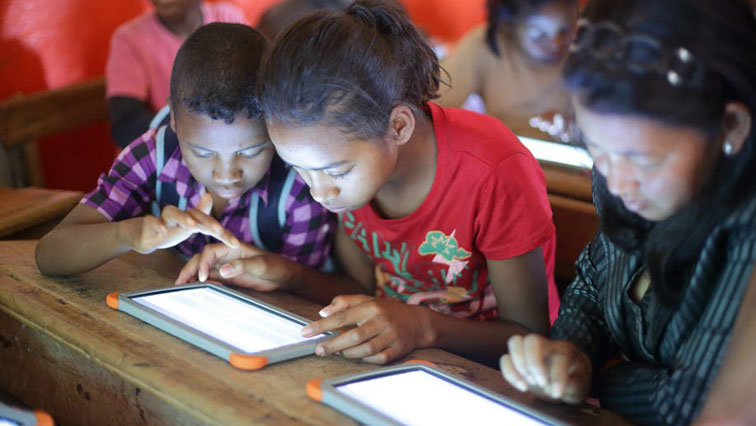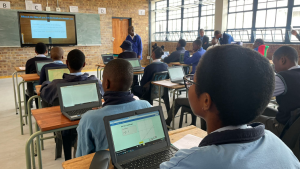The South African Human Rights Commission is calling for collaboration from civil society groups, ordinary citizens and other stakeholders to assist in reporting non-delivery of basic school infrastructure.
The commission says access to education should not only be limited to learning, but to proper learning facilities. This emerged at the education Indaba held in East London.
Human Rights commissioner, Andre Guam says schools are supposed to be beacons of hope for a better future, but sadly this remains a distant dream for many.
“This is, of course, the legacy of the past and we need to recognise that the national Department of Education in many provinces has done a lot in terms of improving the infrastructure, but it is also a matter of accountability and accountability problem also stemming from specific provinces like the Eastern Cape in particular. Unfortunately, this month, November 2017, is the anniversary of the non achievement of the November 2016 deadline set by the national department to eradicate mud schools, schools built from materials such as asbestos, zinc and wood.”
Equal Education head, Luzuko Sidimba says the Department of Education should not bear the blame alone, given that there are implementing agents responsible for infrastructure-related matters.
“Through our research, we did realise that there are other role players that are tasked to deliver or build schools in the Eastern Cape, but we have ignored or paid little attention to them. And now we are starting to put more pressure on those implementing agents such as Coega, DBSA, IDT, Public Works and others to start doing what they are mandated to do which is to improve the quality of infrastructure, building schools and providing sanitation and water where they have been contracted to do so.”






